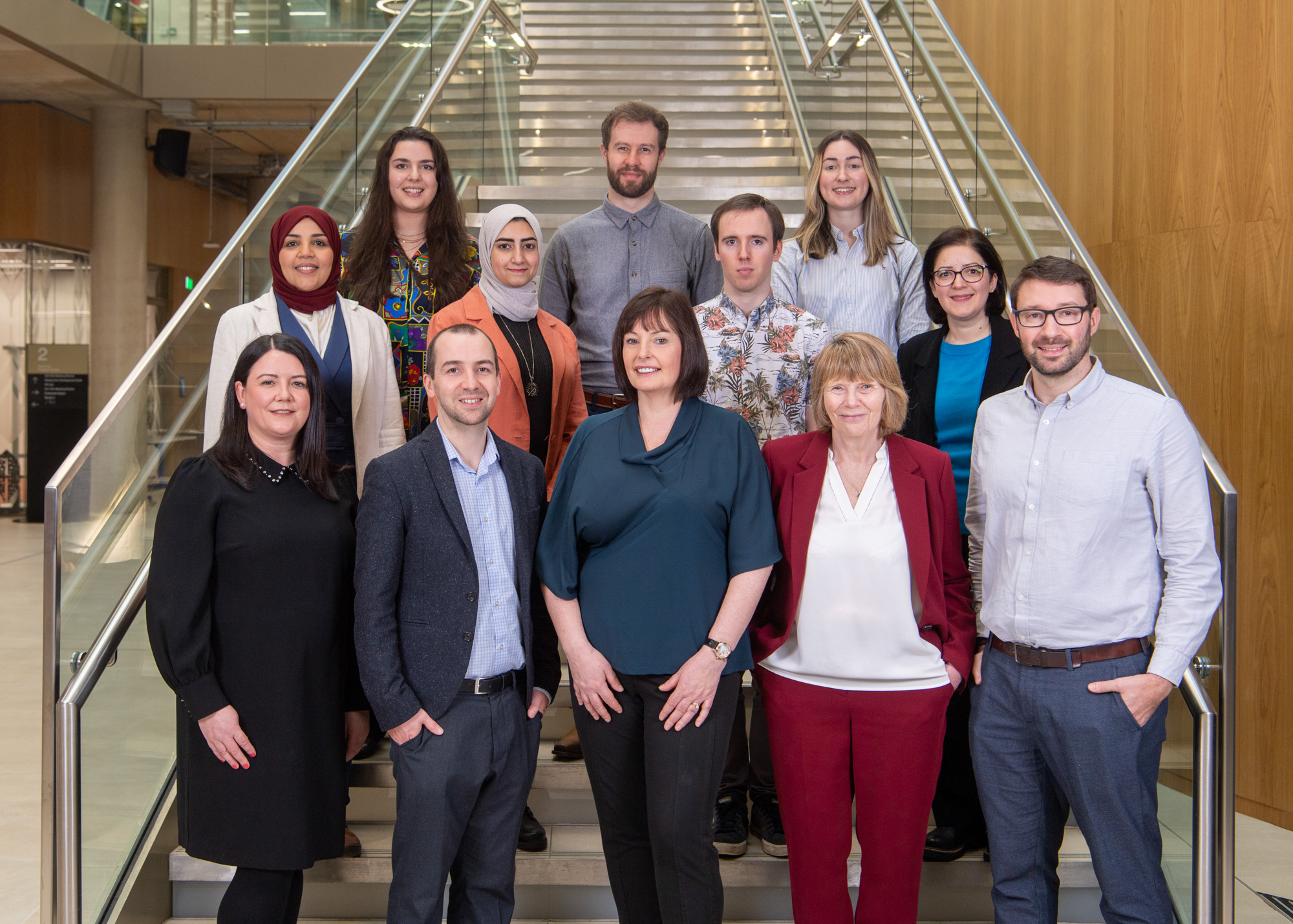About INCISE
Bowel cancer is the second biggest killer among cancer-related deaths in the UK. The INCISE project - INtegrated TeChnologies for Improved Polyp SurveillancE – is a University of Glasgow-led collaboration with NHS Greater Glasgow and Clyde, Canon Medical Research, BioClavis and OracleBio. The project aims to transform bowel cancer screening in the UK by developing a tool that can predict which patients with pre-cancerous growths in their bowels, called polyps, will develop further polyps. The INCISE project has been made possible with £2.3M of funding from Innovate UK and a further £1.1M investment from the University of Glasgow and industry partners.
Currently, patients who test positive for blood in their stool are invited for colonoscopy. Approximately 5% of those patients will have cancer whilst over 30% will have pre-cancerous growths (polyps). These polyps are removed in a procedure called polypectomy; however, approximately half of those patients will go on to develop new polyps. There is an urgent need to develop a more robust criteria for screening so that we are not subjecting individuals to frequent, unpleasant and invasive procedures that, in half the cases, are unnecessary. This will help to reduce surveillance lists and allow resources to be focused on higher risk patients.
INCISE seeks to transform polyp surveillance by developing a comprehensive risk stratification tool which will, for the first time, predict polyp recurrence by utilising the latest developments in digital pathology, machine learning and next generation sequencing.


